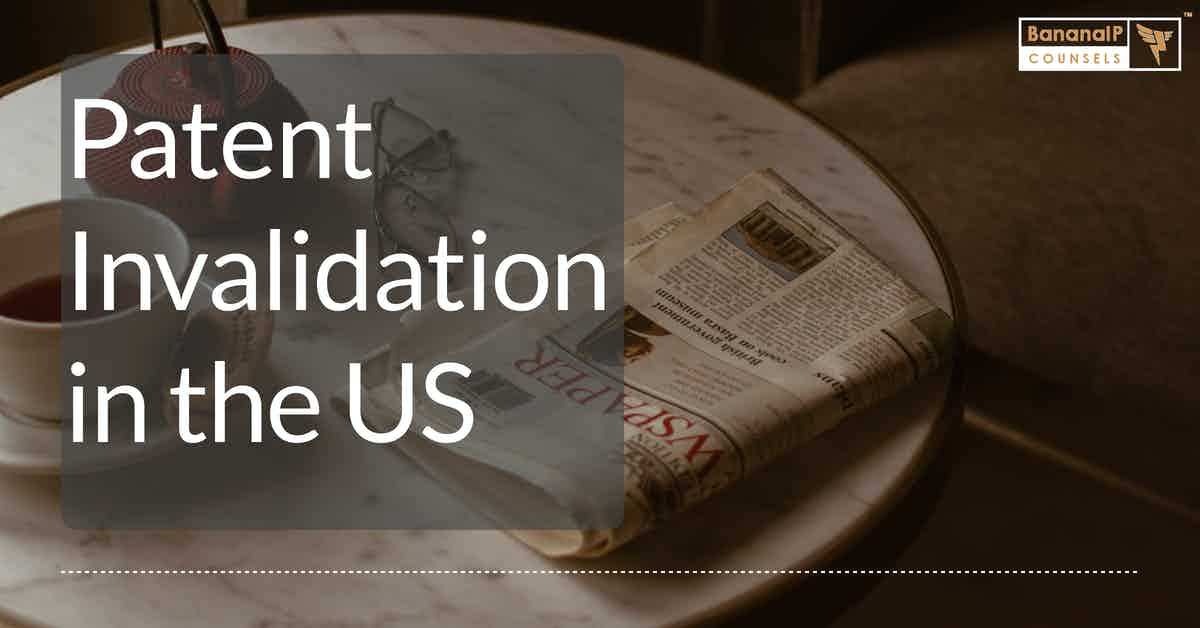This post was first published on July 18, 2014.
After studying citations from patents that were invalidated by US Judges, researchers from the London School of Economics commented, “Patent invalidation has a significant impact on cumulative innovation in the fields of computers and communications, electronics and medical instruments (including biotechnology). We find no such effect in fields involving drugs, chemicals or mechanical technologies.” Let us now take a look at why this discrepancy exists.
What is patent invalidation?
The Patents Act outlines circumstances under which a granted patent can be revoked on certain grounds.
Who is affected by this and how has this come to be?
Start-ups seem especially vulnerable to bad patent policy because they may not have the legal or the economic negotiating power to deal with big business. The researchers commented that when large patentees are involved, bargaining breakdown occurs and small firms are normally less capable of resolving disputes cooperatively, without resorting to the involvement of courts.
In the technology industry, there are a wide variety of contributors that make an open innovation much more effective, as opposed to granting monopoly to one firm in the form of a patent. Pharmaceuticals do not belong in the same community of innovators and a single drug can cost billions of dollars to manufacture. The researchers have found that in this industry, patents do not harm innovation.
Who is the most affected by this?
The effect is the greatest in the Electronics Industry. For instance, LinkedIn VP of Engineering, Alex Vauthey, recently explained why much of the company’s software is open source. He added, “In essence, it is better when the entire internet community can help build an application. With traction, the software gets more secure and more reliable. At the end of the day you use better software to build applications.”
Interestingly, researchers also categorize so-called patent trolls as entities that exist solely to sue others for patent breaches. “We find that only 12 patent cases in our sample involve patent trolls. When we drop these observations and re-estimate the model, we obtain estimates that are essentially identical.” In other words, patent trolls are an important reason that bad Intellectual Property policy harms the technology industry.
What can be done for the technology industry?
We need some movement in order to reform US patent policies for software technology. All technology oriented companies need to come together to bring about these reforms for the Greater Good.
References: Site
Visit our website, to learn about BananaIP’s Patent Services.



